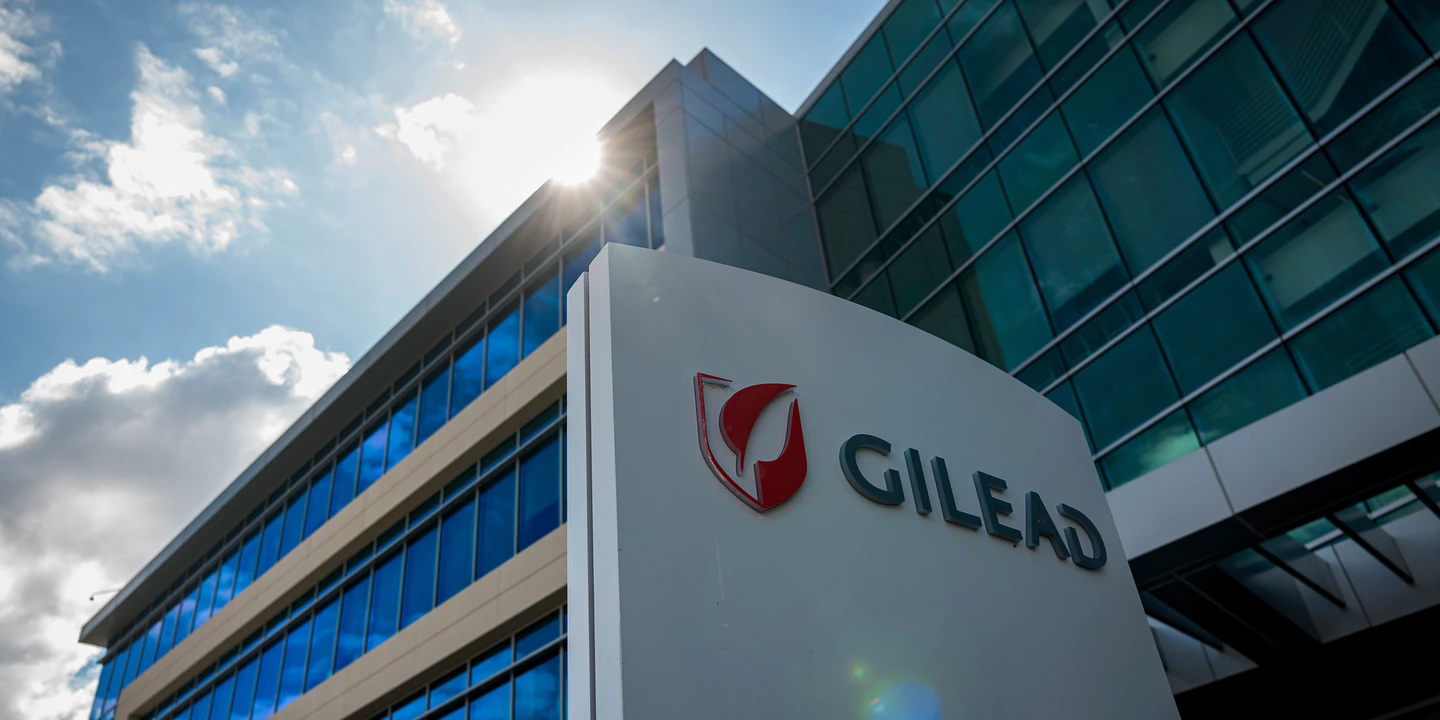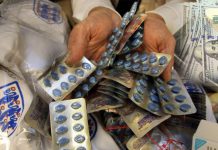Gilead Sciences, the company that develops experimental COVID-19 drug remdesivir, announced that it will charge more than $3,100 for the drug.
The drugmaker said it will charge $520 per vial for patients with private insurance, while some government programs will get the drug at a lower price. The price comes out to $3,120 for the five-day treatment curse with a double-dose of remdesivir on the first day.
For developed countries outside the US, Gilead will charge $390 per vial, which comes out to $2,340 for the five-day therapy course. However, it is unclear how much uninsured patients would pay.
Gilead CEO Daniel O’Day said in an open letter, “At the level we have priced remdesivir and with government programs in place, along with additional Gilead assistance as needed, we believe all patients will have access.”
Some members of Congress and advocacy organizations have said that Gilead is taking advantage of Americans during a pandemic.
Calling the price “outrageous,” Rep. Lloyd Doggett, D-Texas, told NPR, “Without a taxpayer investment of $99 million, this drug would have been abandoned. It would be on the scrap heap of failures. So it’s the taxpayer who’s really taking the risk here and ought to get the reward of the angel investors that taxpayers are.”
Director of Public Citizen’s Access to Medicines Program Peter Maybarduk said, “In an offensive display of hubris and disregard for the public, Gilead has priced at several thousand dollars a drug that should be in the public domain.”
On the other hand, some analysts expected Gilead to set a higher price than announced. Geoffrey Porges, an analyst at the investment bank SVB Leerink, said the announced price for remdesivir offers a “spectacularly good value.”
“It’s unprecedented to price the drug below the medical costs that it’s saving,” Porges added. He said remdesivir could save up to $40,000 per patient if it prevents COVID-19 patients from needing the ICU.
The Gilead’s remdesivir price would send a message to drug companies working on other treatments and vaccines for COVID-19.
At the announced price, the company is still expected to make a profit from remdesivir sales.
Until now, Gilead had been donating remdesivir doses for use in clinical trials under the Food and Drug Administration’s Emergency Use Authorization (EUA) announced in May.
The last dose of the donated supply was distributed by the Department of Health and Human Services (HHS) on Monday.
HHS said it has “secured” an additional 500,000 treatment courses for the United States. Hospitals and insurers will now be charged for remdesivir; however, the federal government will continue to manage distribution.























